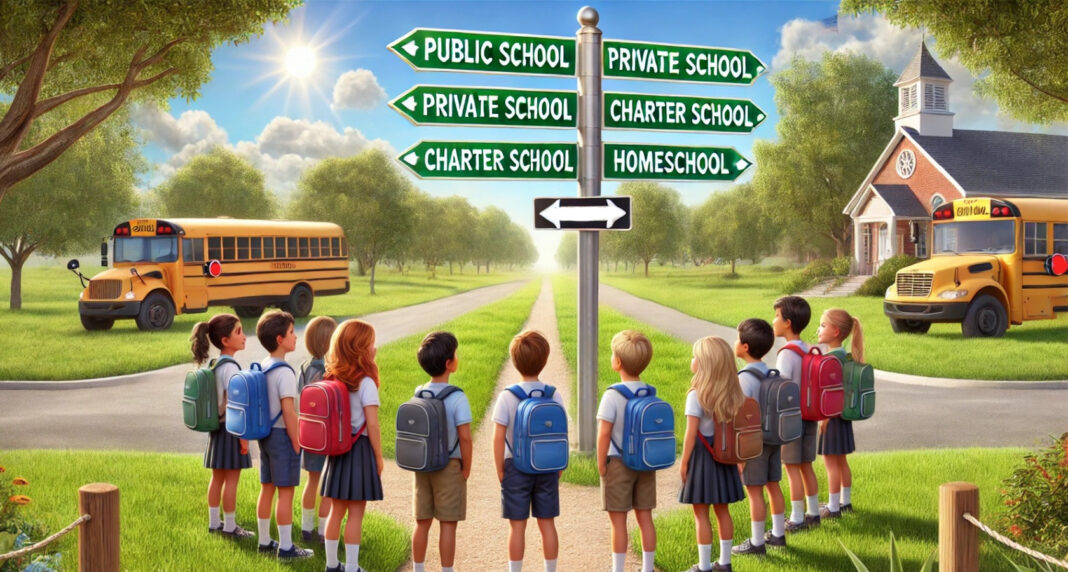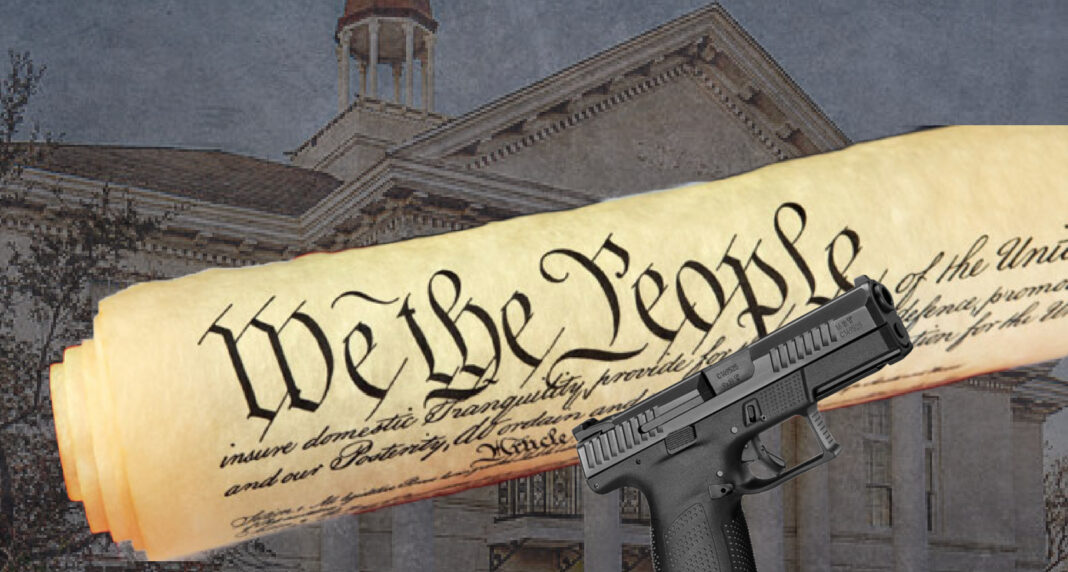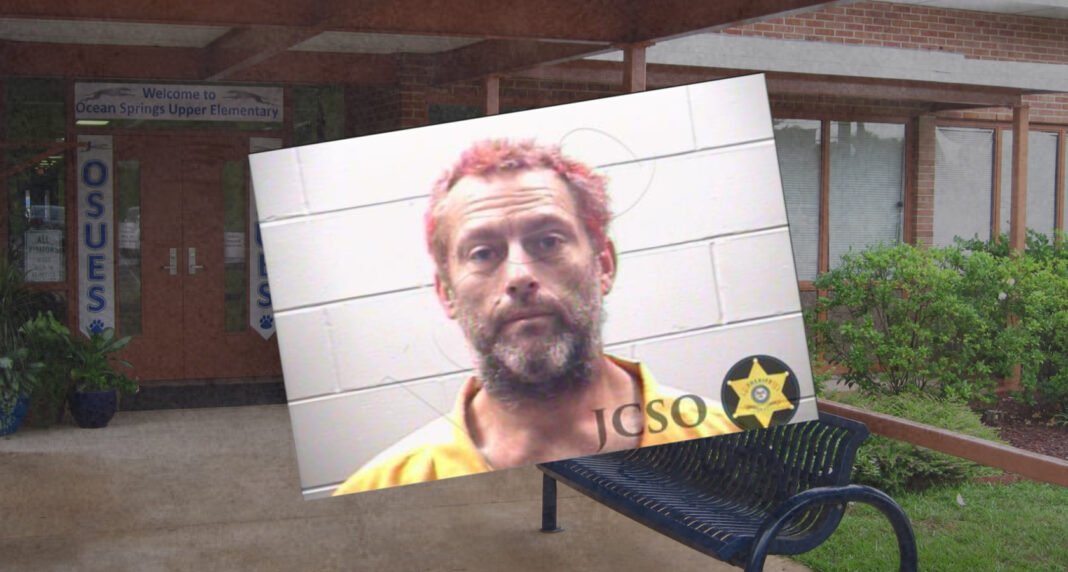MISSISSIPPI — The conversation around school choice in Mississippi has turned into a firestorm, with policy heavyweights clashing over one of the most polarizing topics in education. At the center of it all? Douglas Carswell, president and CEO of the Mississippi Center for Public Policy (MCPP), and prominent attorney Luther Munford. The two recently faced off — not in a courtroom, but at a Rotary Club lunch, of all places.
A Rotarian Rumble
Carswell, a staunch supporter of school choice, had been invited to speak at the North Jackson Rotary Club about his vision for empowering parents with more educational options. The British-born advocate stayed non-partisan, outlining MCPP’s policy goals like deregulation, tax reform, and giving parents the power to choose where their kids go to school. But when he sat down, the gloves came off.
Luther Munford, a respected figure in Mississippi’s public education advocacy circles, stood up and challenged Carswell’s arguments. What began as a question quickly turned into a pointed critique, leaving the room buzzing.
“I thought, fair enough,” Carswell told attendees later. “Free speech and all that. But wow, not a lot of goodwill there.”
What is School Choice, Anyway?
For those wondering, school choice is all about giving parents options. It allows public education dollars to follow students to a school of their choosing — public, private, charter, magnet, or even homeschool. Supporters like Carswell believe it levels the playing field for families who can’t afford elite private schools but want better opportunities for their kids. Critics, including Munford, argue that diverting funds from public schools risks undermining the system entirely.
Carswell insists the opposite is true. “Public schools would have to raise their game,” he said, pointing out that many Mississippi districts struggle despite receiving top ratings.
The Policy Divide
Mississippi’s legislature has toyed with school choice for years, introducing bills like the 2024 proposal to create universal education savings accounts. The idea? Let parents use public funds to pay for private tuition or homeschooling. But that plan hit a wall in the legislature, reflecting the deep divide over how education dollars should be spent.
Munford has been vocal in his opposition, warning that private schools aren’t subject to the same accountability as public schools. “How do we know they’re performing?” he asked in a recent op-ed. His critiques also extended to religious schools, raising concerns about funding institutions that may teach divisive ideologies.
A Pot and Kettle Moment
Carswell didn’t hold back in responding to Munford’s arguments. He called out what he sees as hypocrisy, noting that Munford sent his own children to one of the state’s most prestigious private schools, St. Andrew’s Episcopal School, where tuition can run up to $20,000 a year.
“Luther Munford says he believes in public education — but not enough to send his own kids to public school,” Carswell quipped. “Every family’s circumstances are different. That’s exactly why school choice matters.”
Impact on the Mississippi Gulf Coast
The school choice debate holds particular significance for cities along the Mississippi Gulf Coast, such as Biloxi, Gulfport, and Pascagoula. These communities are home to a diverse array of educational institutions, including traditional public schools, private schools, and charter schools. For instance, the Gulfport School District emphasizes inspiring each student to become a problem solver, lifelong learner, and productive member of society.
In Biloxi, the public school district has been recognized for its strong academic programs and community involvement. Similarly, the Pascagoula-Gautier School District offers a range of educational opportunities, including academies for various grade levels and a College and Career Technical Institute.
The introduction of expanded school choice policies could provide families in these Gulf Coast cities with greater flexibility to select educational environments that best meet their children’s needs. However, it also raises questions about funding allocation and the potential impact on existing public schools in the region.
Where Does Mississippi Go from Here?
The clash between Carswell and Munford highlights a larger issue: Mississippi’s educational future. With polls showing broad support for school choice — even among Democrats — the pressure is mounting on lawmakers to take action. Yet, significant opposition from education advocates and concerns about funding fairness keep the debate alive.
For now, the spotlight is squarely on these two champions of opposing sides. Whether at Rotary lunches or in legislative chambers, this is one Mississippi showdown that’s far from over.


